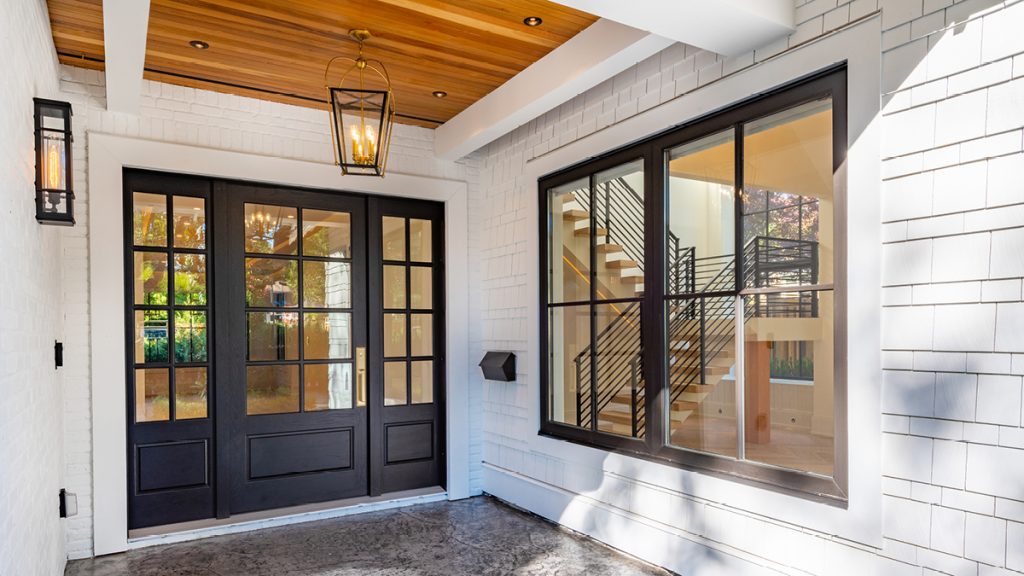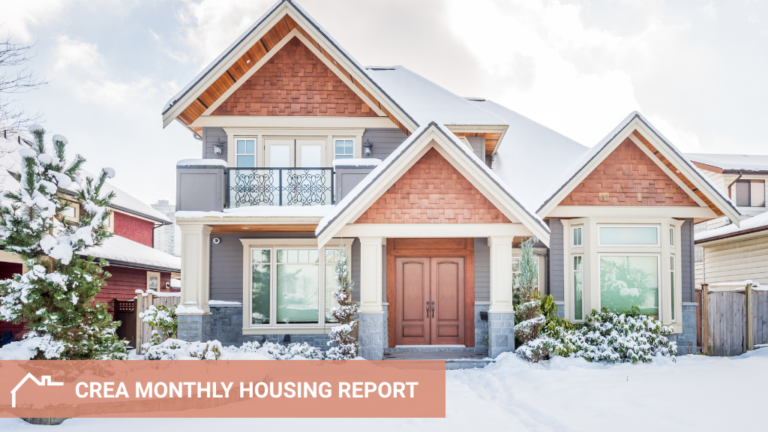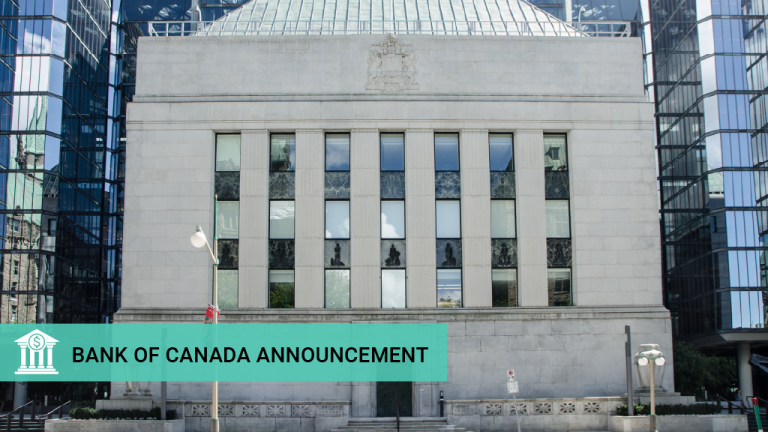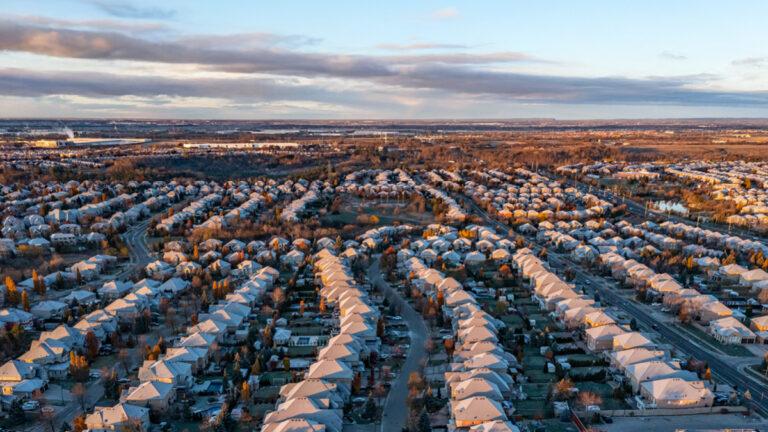
On the heels of the Bank of Canada’s key lending rate remaining unchanged at 5.0% for the third consecutive quarter, pent-up demand exacerbated by rising borrowing costs since March 2022, continues to accumulate in Quebec’s real estate market, as buyers try to get their hands on a property. While supply is increasing, it remains insufficient.
According to the results of the Royal LePage® Home Price Survey and Market Forecast released today, the first quarter of 2024 proved to be more active than expected in the Greater Montreal real estate market, and across Quebec, as spring temperatures and the expectation of an upcoming interest rate cut prompted buyers to accelerate their property searches.
Provincial overview
- In the first quarter of 2024, the aggregate1 price of a property in the Greater Montreal Area rose by 5.1% over the first quarter of 2023 to $579,300, a quarterly increase of 2.2%
- The Trois-Rivières region posted the strongest year-over-year increase in the aggregate price of a property, rising 12.1% in the first quarter of 2024 to $339,300, representing a 3.5% appreciation on a quarterly basis
- The Quebec City, Gatineau and Sherbrooke real estate markets also made gains, appreciating by 7.7%, 6.8% and 5.7%, to $366,800, $438,700 and $366,900, respectively
- Royal LePage forecasts the price of a property will appreciate by 8.5% and 8.0% in the fourth quarter of 2024 compared with the same period in 2023, in the Greater Montreal and Quebec regions, to $614,978 and $388,800, respectively
“Our last market forecast was accurate, even conservative. Faced with an ongoing housing shortage and widespread anticipation that the Bank of Canada is preparing to lower its overnight lending rate in 2024, we warned last December that pent-up demand would return to the market well before interest rates fell, and that’s exactly what happened in the first quarter of the year,” said Dominic St-Pierre, Senior Vice President, Business Development, Royal LePage.
“Expecting that rates could begin to dip around June, buyers rushed and resumed their home buying plans in a race against the clock, hoping to close on their transactions just as financing costs began their descent,” adds Mr. St-Pierre. “The problem is that with inventory still well below the needs of the growing population, many buyers had the same idea, which pushed prices up significantly in the space of a single quarter. The window of opportunity will close fairly quickly for those hoping to take advantage of the market slowdown and lower financing costs, particularly for first-time buyers whose purchasing power continues to erode. In addition, the rental market will continue to face price increases in 2024, adding to the challenge for renters wishing to unlock the doors of home ownership.”
It’s the same story in the Quebec City area.
“During 2023, Quebec City was one of the only real estate markets in the province to avoid a price correction. Looking at the first three months of this year, everything points to 2024 exceeding 2023 market conditions, in terms of sales and price appreciation,” said Michèle Fournier, vice-president and chartered real estate broker, Royal LePage Inter-Québec. “We’re also noticing that transactions are being signed quickly, a trend that is confirmed by declining days on market, compared to this time last year.”
Fournier also noted an increase in activity in the condominium market, which is set to continue in the months ahead with demand from first-time buyers expected to intensify as the Bank of Canada adjusts its key rate downward.
The interest rate factor
A recent Royal LePage survey, conducted by Leger,2 also showed buyers’ enthusiasm for the real estate market, despite rising borrowing costs over the past two years. Since the Bank of Canada began raising its key lending rate in March of 2022, more than one fifth of adults in the province of Quebec (21%) have been active in the market, and more than half of them (62%) say they’ve been forced to postpone their property searches due to rising interest rates.
Of those buyers who have had to postpone their purchase plans, 50% say they will resume their search if interest rates start to fall (more than 450,000 Quebecers)3 – 6% say a cut of just 25 basis points will prompt them to return to the market, 14% say they are waiting for a drop of 50 to 100 basis points, and 30% say they are counting on a rate cut of more than 100 basis points before considering resuming their search.
“These projections do not take into account the pent-up demand we are already seeing even before the first interest rate cut,” said St-Pierre. “There is therefore no doubt that the real estate market in 2024 will be stronger than in 2023 in terms of sales and prices.”
Royal LePage predicts new wave of price growth for spring market
With the highly anticipated decline in the Bank of Canada’s key interest rate between now and the fall, Royal LePage predicts that buyers who have stayed on the sidelines for the past year, waiting to take advantage of lower borrowing costs, will soon face tight competition for a still-limited supply of properties, triggering a rebound in activity and property price appreciation.
Click here for regional analyses of markets across Quebec and Canada
1Aggregate prices are calculated using a weighted average of the median values of all housing types collected. Data is provided by RPS Real Property Solutions and includes both resale and new build.
2Royal LePage commissioned Leger to conduct an online survey among 1579 Canadians, (including 365 in Quebec), 18 years of age or older, via Leger’s online panel, LEO. The data was collected from January 26 to 28, 2024. No margin of error can be associated with a non-probability sample (i.e. a web panel in this case). For comparative purposes, though, a probability sample of 1579 respondents would have a margin of error of ±2.5%, 19 times out of 20.






